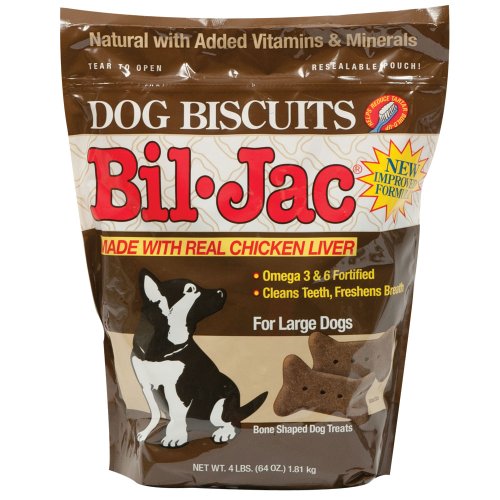Peanut Butter Dog Treats: Benefits & Safety
“`markdown
Tail Wags Guaranteed: Exploring the World of Peanut Butter Dog Treats! 🐶🦴
Is there anything more heartwarming than seeing your furry friend’s tail wag furiously? One sure way to elicit that happy reaction is with the right treat! This article dives into the delicious world of peanut butter dog treats, focusing on a popular option: Milk-Bone Peanut Buttery Treats, and discusses what makes them so appealing to dogs (and their owners!). We’ll also touch upon the benefits and considerations of giving your pup peanut butter treats.
##
What Makes Milk-Bone Peanut Buttery Treats So Popular?
Milk-Bone has been a trusted name in dog treats for generations. Their Peanut Buttery Treats capitalize on the universal dog-love for peanut butter. Here’s why they’re a hit:
- Irresistible Flavor: 🥜 The combination of classic Milk-Bone flavor with the added richness of peanut butter is a winning formula for most dogs. The savory and sweet combination is highly palatable.
- Familiar Brand: Many pet owners trust Milk-Bone due to their long history and reputation for quality. This familiarity provides peace of mind.
- Convenient Size and Texture: These treats are typically designed to be easily consumed and digested. The size is perfect for rewarding good behavior or providing a quick snack.
- Readily Available: Milk-Bone products are widely available in grocery stores, pet stores, and online retailers like Amazon, making them easy to obtain.
The Benefits of Peanut Butter Dog Treats
While not a complete meal replacement, peanut butter dog treats offer several benefits:
- Training Aid: Their delicious taste makes them excellent motivators for training. Positive reinforcement with a tasty treat can significantly improve a dog’s learning ability. 🐕🦺
- Mental Stimulation: Chewing on a treat can provide mental stimulation and help alleviate boredom, especially for active breeds.
- Source of Protein and Healthy Fats: Peanut butter, in moderation, provides a good source of protein and healthy fats, contributing to a balanced diet.
- Medication Administration: Some owners use peanut butter treats to cleverly hide pills, making medication time less stressful for both dog and owner. 💊
Important Considerations Before Giving Peanut Butter Treats
While peanut butter treats are generally safe, it’s crucial to be aware of the following:
- Ingredients: Always check the ingredient list carefully. Xylitol is HIGHLY TOXIC to dogs and should NEVER be present in any treat or food. Make sure the peanut butter is safe and doesn’t contain this artificial sweetener.
- Allergies: Just like humans, dogs can be allergic to peanuts. Introduce peanut butter treats gradually and monitor your dog for any signs of an allergic reaction (itching, hives, swelling).
- Moderation is Key: Peanut butter is high in calories. Overfeeding can lead to weight gain, which can cause various health issues. Give treats in moderation as part of a balanced diet.
- Fat Content: Be mindful of the fat content, especially if your dog has a sensitive stomach or is prone to pancreatitis. Opt for low-fat peanut butter options if necessary, or consult with your veterinarian.
- Sodium Content: Excessive sodium intake isn’t good for dogs. Check for low sodium option if that’s a concern for your dog.
Alternatives to Milk-Bone Peanut Butter Treats
If you’re looking for alternatives or want to diversify your dog’s treat options, consider the following:
- DIY Peanut Butter Treats: Making your own dog treats allows you to control the ingredients and ensure they are safe and healthy. Numerous recipes are available online using ingredients like oats, bananas, and, of course, peanut butter. 🧑🍳
- Other Flavors of Milk-Bone: Milk-Bone offers a variety of flavors beyond peanut butter, such as bacon, chicken, and vegetable options.
- Dental Chews: These treats are designed to promote dental health by helping to remove plaque and tartar buildup.
- Training Treats: Specifically formulated for training, these treats are small, low in calories, and highly palatable.
Ultimately, choosing the right peanut butter dog treat depends on your dog’s individual needs, preferences, and any dietary restrictions. Always consult with your veterinarian if you have any concerns about your dog’s diet or health. Happy treating! 🎉
“`







Post Comment